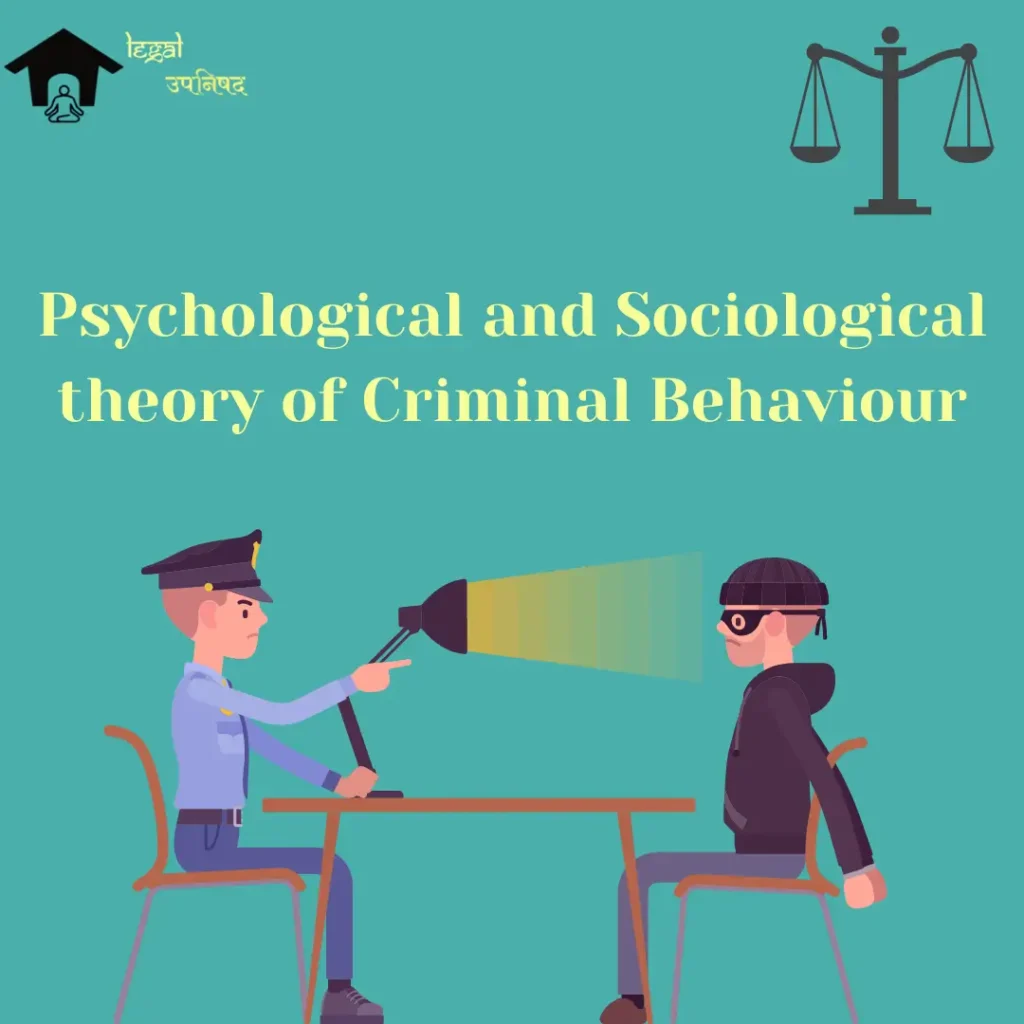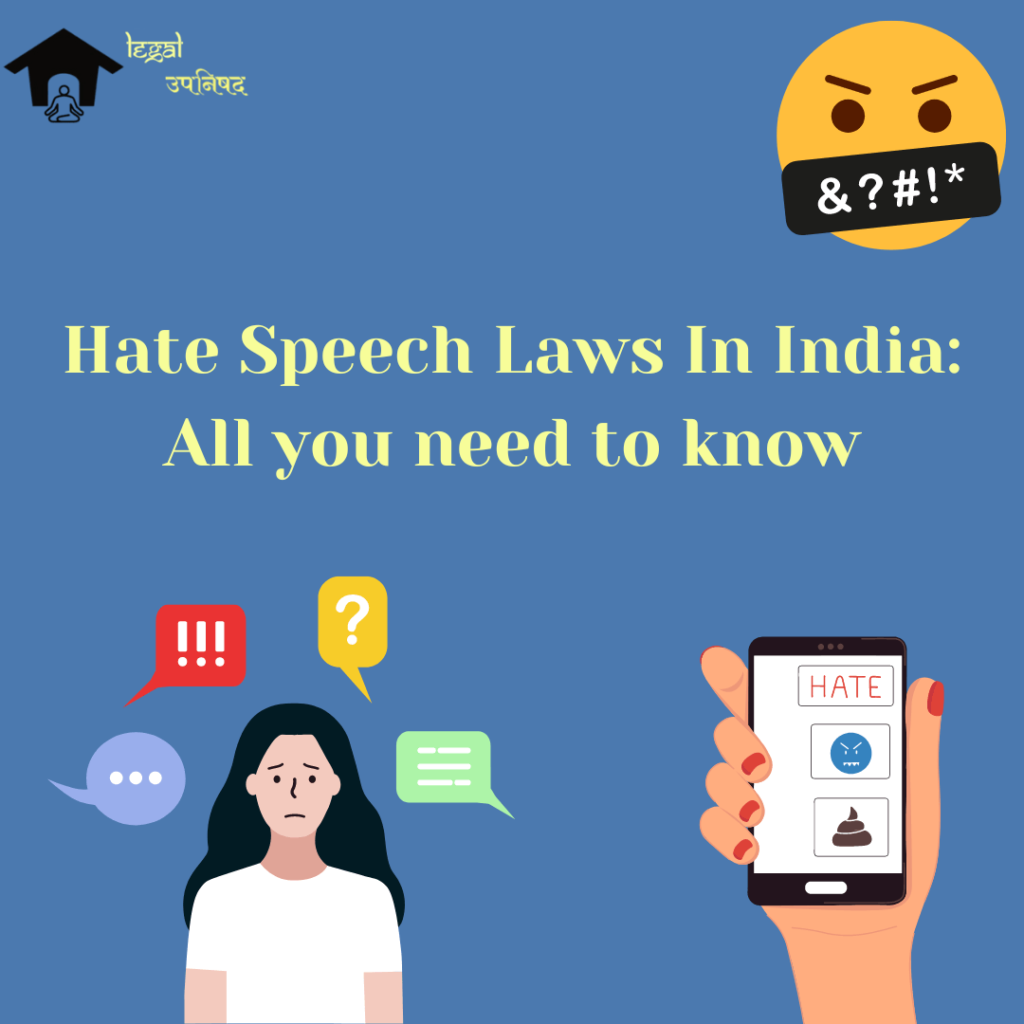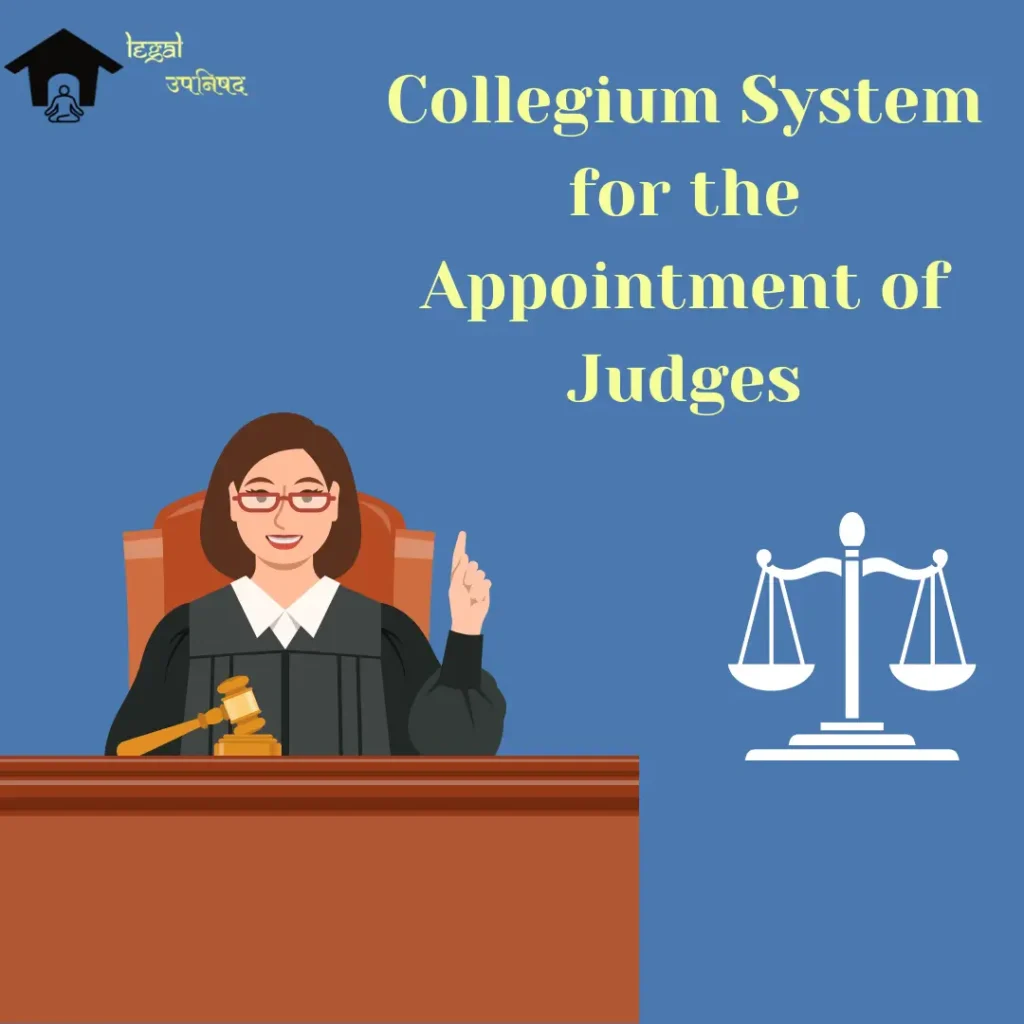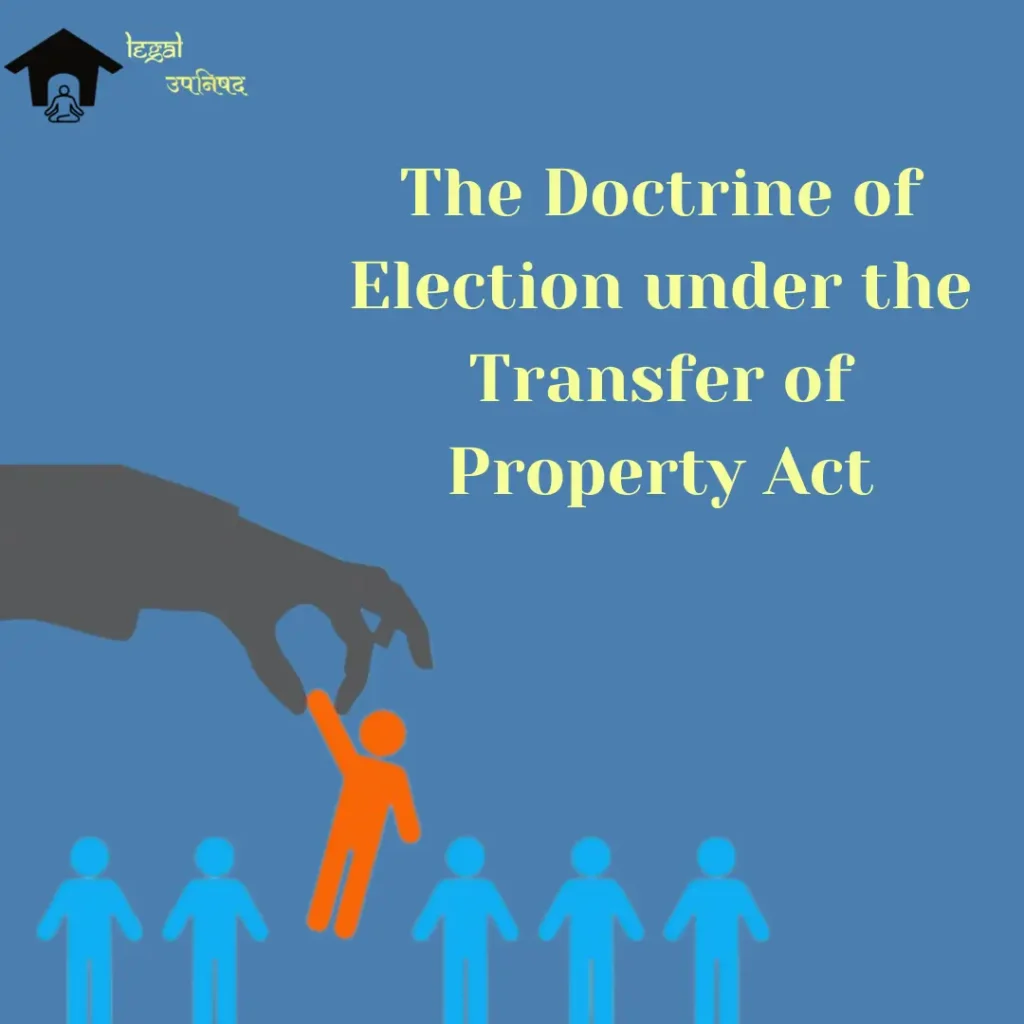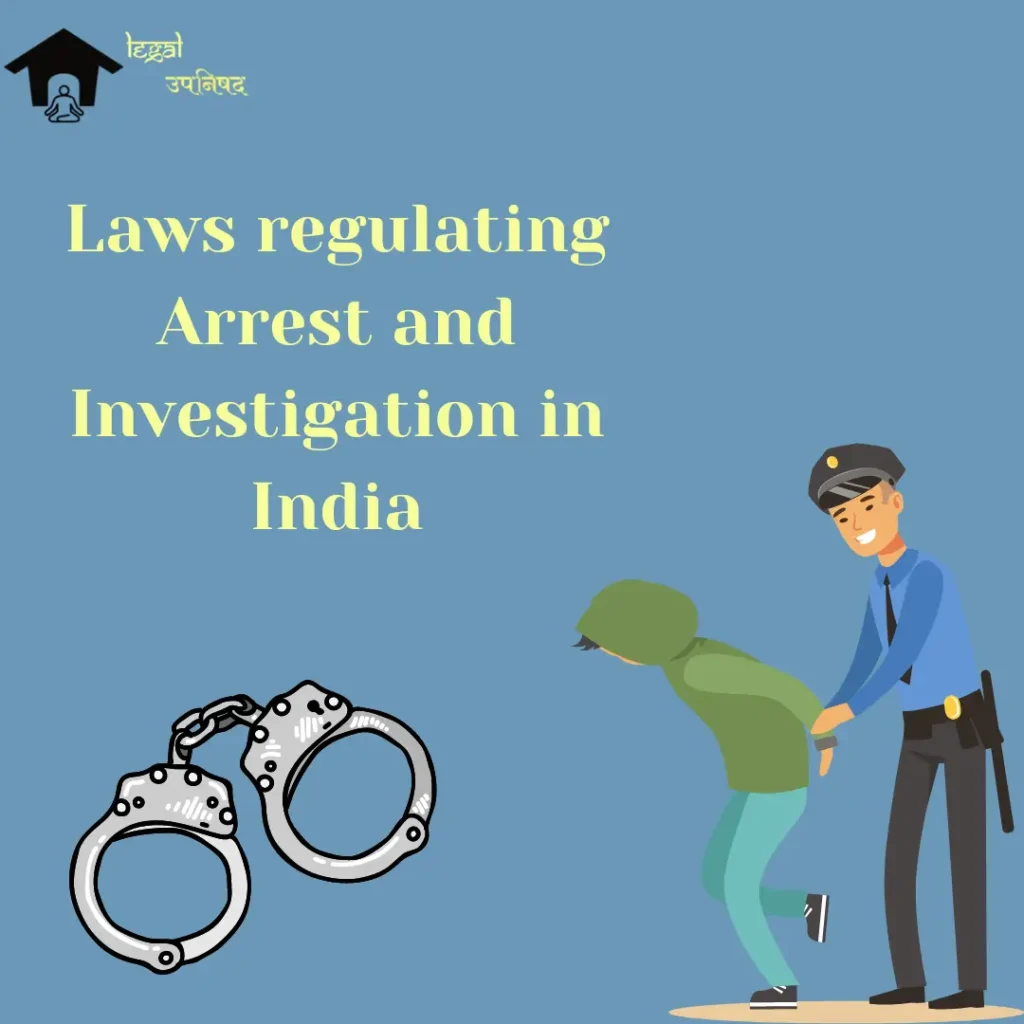Subway Trademark Case: All you need to know
Delhi High Court: In a case where Subway sought an injunction for its mark “SUBWAY” against the mark “SUBERB,” C. Hari Shankar, J. dismissed the application and held that after Infinity Food made changes to the decor, layout, the wall hanging, menu cards, and staff and outlet uniforms, the mark’s appearance could not be said to be confusingly similar to Subway’s device mark, “SUBWAY.” A case of trademark infringement brought by the international fast food chain against Suberb, a Delhi-based restaurant, was dismissed by the Delhi High Court. A “sub” is not only a sandwich from Subway. According to the court, the term “sub” is frequently used to refer to submarine sandwiches, which are made using a cylindrical bread roll that has been split down the middle and is filled.



